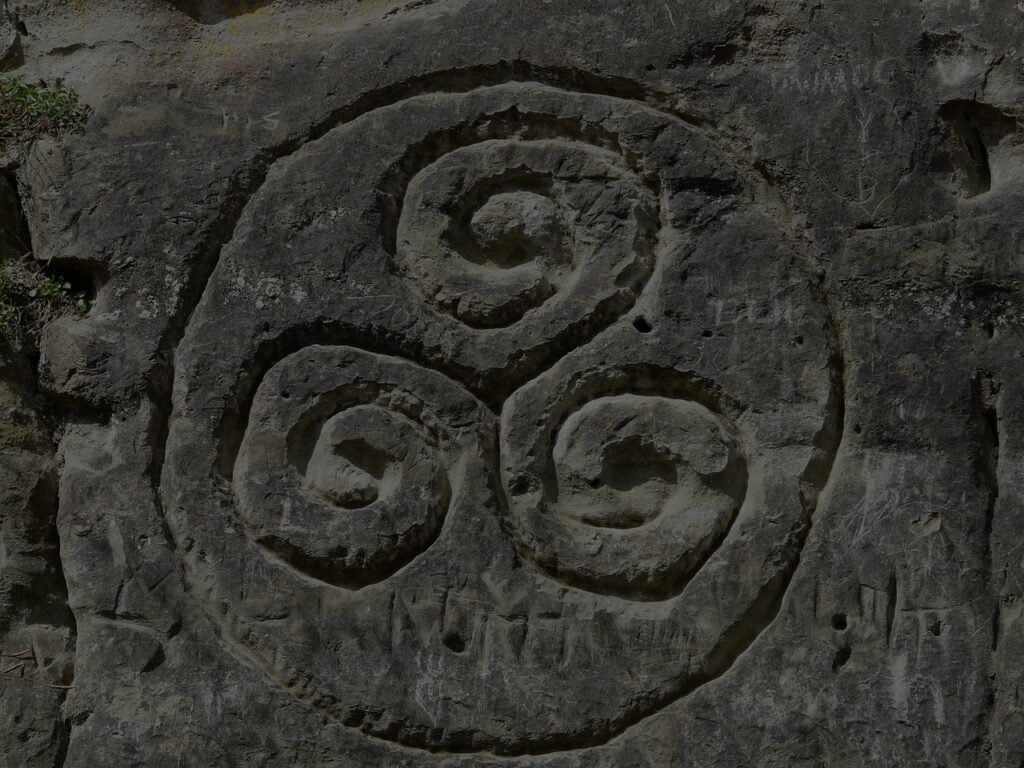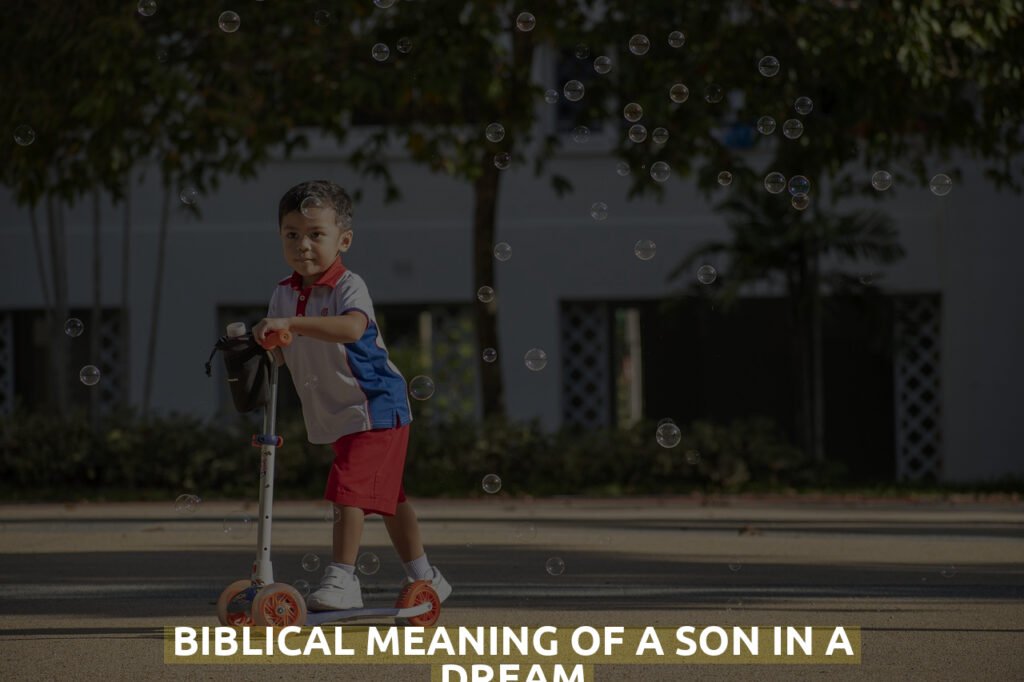Dreams have long been a source of fascination and intrigue for people around the world. They are often seen as windows into our subconscious minds, revealing our innermost fears, desires, and thoughts. When it comes to dreams, two phrases that are often used interchangeably are dream of and dream about. However, there is a subtle difference in the meanings of these phrases that can provide important insights into the symbolism of our dreams.
Dream of typically refers to dreams that we aspire to or long for in our waking lives. These dreams represent our goals, ambitions, and hopes for the future. On the other hand, dream about usually refers to the content of the dream itself, such as the people, places, and events that we experience while sleeping. Understanding the distinction between these two phrases can help us interpret the symbolism of our dreams more effectively and gain a deeper understanding of our own thoughts and emotions.
Dream Of Vs Dream About Symbolism
Dreams are often rich in symbols and metaphors that can offer insight into our unconscious thoughts, desires, fears, and experiences. Two common phrases used to describe dreaming are dream of and dream about, each with its own nuanced connotations and symbolic meanings.
When we dream of something, we are typically referring to a specific object, person, place, or event that is central to the dream narrative. This be a cherished memory, a repressed emotion, a current concern, or a future aspiration. The act of dreaming of something often reflects our conscious thoughts and feelings, serving as a reflection of our waking life experiences. For example, dreaming of a loved one who has passed away symbolize our grief or longing for closure. Dreaming of a specific place we have visited represent our desire to escape or explore new horizons.
On the other hand, when we dream about something, the focus shifts to the underlying themes, emotions, or symbolism associated with the dream content. Dreaming about flying, falling, being chased, or losing teeth are all common dream motifs that are often interpreted as symbolic representations of our innermost fears, desires, or insecurities. These dreams can be seen as metaphorical puzzles that our unconscious mind uses to communicate with us, offering clues to our psychological well-being or inner conflicts.
In psychology, dreams are often viewed as a manifestation of the unconscious mind processing and integrating information from our conscious thoughts and experiences. Sigmund Freud famously theorized that dreams are a window into our repressed desires or conflicts, while Carl Jung believed that dreams serve as a means of self-discovery and personal growth. By analyzing the symbols and themes present in our dreams, psychologists can gain insight into our subconscious motivations, fears, and desires, helping us to better understand ourselves and our inner workings.
In mythology, dreams have played a pivotal role in many ancient cultures as messages from the divine or spiritual realm. In Greek mythology, Morpheus was the god of dreams who would shape and deliver messages to mortals through their dreams. In Native American cultures, dreamcatchers were used to protect individuals from negative dreams and ensure only positive visions reached the dreamer. These cultural beliefs reinforce the idea that dreams hold profound significance and can offer wisdom, guidance, or warnings to those who pay attention to them.
Cultural beliefs and superstitions also play a role in shaping our understanding of dreams and their symbolism. In some cultures, dreaming of certain animals, colors, or objects be seen as auspicious or ominous, guiding individuals in their decision-making or future endeavors. Dream interpretation books and online resources often draw on these cultural associations to offer insights into the symbolic meanings of common dream motifs.
In conclusion, the symbols present in dreams hold great significance in interpreting their deeper meanings and understanding their impact on our waking lives. Whether we dream of or dream about something, the symbols present in our dreams can offer valuable insights into our unconscious thoughts, emotions, and experiences. By exploring these symbols through the lenses of psychology, mythology, and cultural beliefs, we can uncover the hidden messages and truths contained within our dreams.
Dream Of Vs Dream About Interpretation
Dreams can be complex and multilayered, offering insights into our subconscious thoughts, fears, desires, and emotions. When examining the difference between dreaming of something versus dreaming about something, it is important to consider the nuances of each phrase and their potential implications.
Dreaming of something typically suggests a more abstract or symbolic representation of a concept, person, or situation. For example, dreaming of flying indicate a desire for freedom or escape from a constraint in waking life. This type of dream content often requires deeper introspection and analysis to uncover its true meaning and significance.
On the other hand, dreaming about something involve more concrete, tangible elements associated with specific experiences, memories, or events. For instance, dreaming about a past relationship or a recent argument reflect unresolved emotions or conflicts that are still lingering in the dreamer’s subconscious mind. This type of dream content be more direct in its representation of real-life situations or concerns.
In analyzing the emotions, actions, and settings described in a dream, it is important to pay attention to any recurring themes, symbols, or motifs that provide clues to its underlying meanings. For example, recurring dreams of being chased indicate feelings of anxiety, fear, or a sense of being overwhelmed in waking life. By exploring these themes and their potential connections to the dreamer’s personal experiences, relationships, or challenges, one can gain a deeper understanding of the messages being conveyed through the dream.
Additionally, cultural symbolism and psychological principles can also play a role in interpreting dreams. Certain symbols or images hold specific meanings or associations in different cultures, religions, or belief systems, which can influence the interpretation of a dream. Similarly, psychological theories such as Freud’s ideas about the unconscious mind or Jung’s concept of archetypes can offer valuable insights into the symbolic language of dreams and their potential significance in relation to the dreamer’s inner world.
Overall, the process of unraveling the message behind a dream involves a combination of introspection, reflection, and analysis of its content, themes, and underlying meanings. By exploring the emotions, actions, and settings described in the dream and considering their significance in relation to the dreamer’s waking life, one can gain valuable insights into the messages being conveyed through the dream and their potential impact on personal growth and self-discovery.
Dealing Tips For Dream Of Vs Dream About
One common challenge related to distinguishing between “dream of” and “dream about” is the confusion that can arise from the similar meanings of these phrases. “Dream of” generally refers to something you desire or wish for, while “dream about” refers to something you experience in your dreams. This distinction can be difficult to grasp, especially when discussing the content and symbolism of dreams.
To manage this challenge effectively, it’s important to pay attention to the context in which the phrases are used. When discussing dreams as a form of unconscious mental process, “dream about” is the more appropriate term, as it refers to the content and symbols present in dreams. On the other hand, when discussing aspirations and desires, “dream of” is the correct choice.
Another common challenge related to dream experiences is the interpretation and analysis of dreams. Dreams can often be confusing, full of symbolism and hidden meanings that can be difficult to decipher. To manage this challenge effectively, it’s helpful to keep a dream journal where you can record your dreams and try to identify recurring themes or symbols. Seeking the guidance of a psychotherapist or dream analyst can also provide valuable insights into the meaning of your dreams.
Lastly, for readers dealing with dream experiences, it’s important to provide reassurance and encouragement. Dreams are a natural and essential part of the human experience, and they can offer valuable insights into our subconscious thoughts, emotions, and desires. While some dreams may be unsettling or distressing, it’s important to remember that they are not reflections of reality and do not predict the future.
By embracing and exploring your dreams, you can gain a deeper understanding of yourself and your innermost thoughts and feelings. Remember that dreams are a powerful tool for self-discovery and personal growth, and with patience and reflection, you can learn to navigate and interpret your dreams effectively. Trust in the process of dream analysis and enlightenment, and you will find that your dreams can be a source of inspiration and wisdom for your waking life.
FAQ For Dream Of Vs Dream About
1. What is the difference between “dream of” and “dream about”?
– “Dream of” typically implies a desire, aspiration, or a subconscious wish, while “dream about” refers to the content or subject of a dream. So, “dream of” focuses on the feeling or emotion associated with the dream, while “dream about” focuses on the actual details of the dream.
2. Can you give an example of using “dream of” and “dream about” in a sentence?
– Sure! For example, “I dream of one day traveling the world” expresses a desire or aspiration, while “Last night, I dreamt about flying over a magical landscape” refers to the specific content of the dream.
3. How can I interpret the meanings behind my dreams of vs dreams about?
– When analyzing dreams, consider the emotions and feelings evoked in dreams of as well as the people, places, or situations depicted in dreams about. Reflect on any recurring symbols or themes to determine potential meanings or messages from your subconscious.
4. Is there a cultural or psychological significance to using “dream of” vs “dream about”?
– The distinction between “dream of” and “dream about” can vary depending on personal interpretation and cultural beliefs. In psychological terms, both phrases can offer insight into one’s subconscious thoughts, desires, fears, or concerns, leading to further self-awareness and personal growth.
















